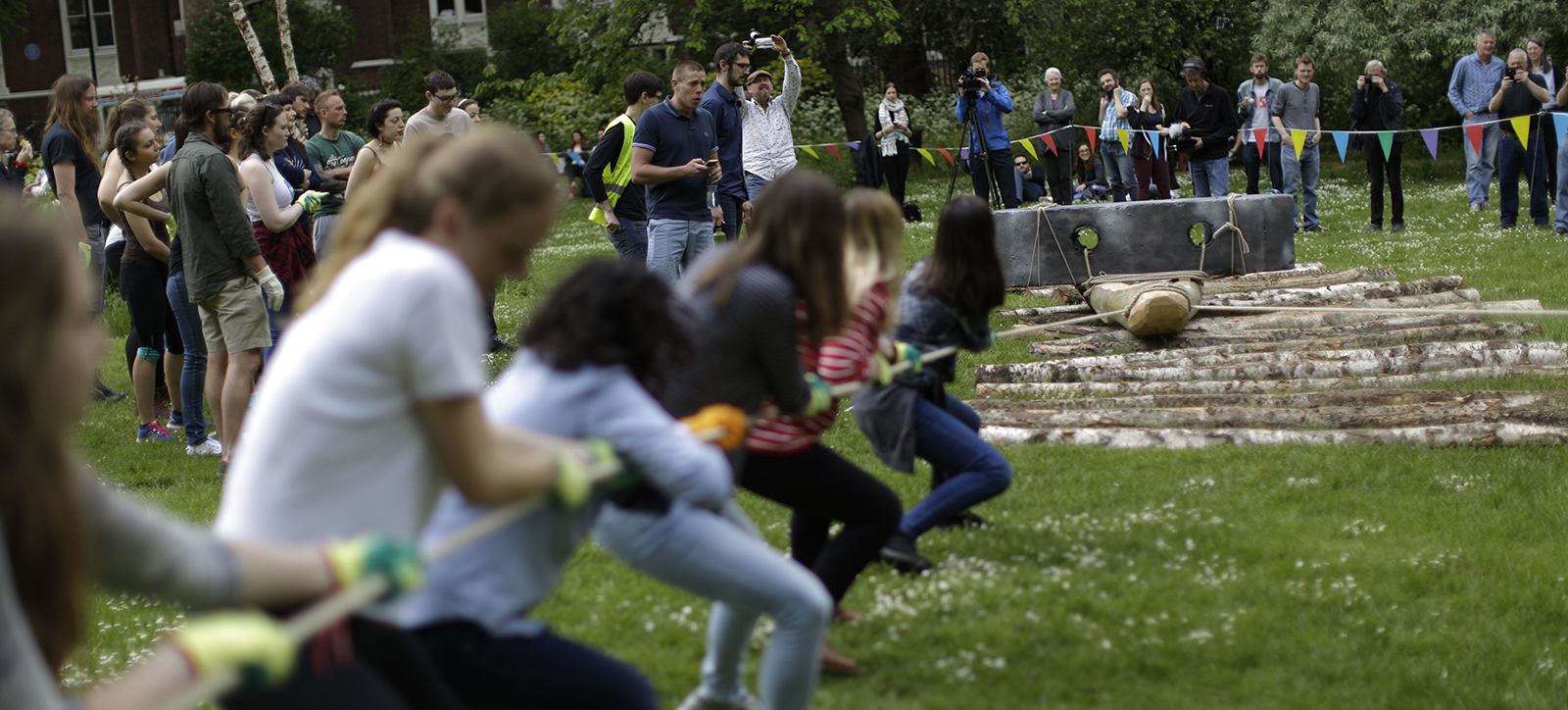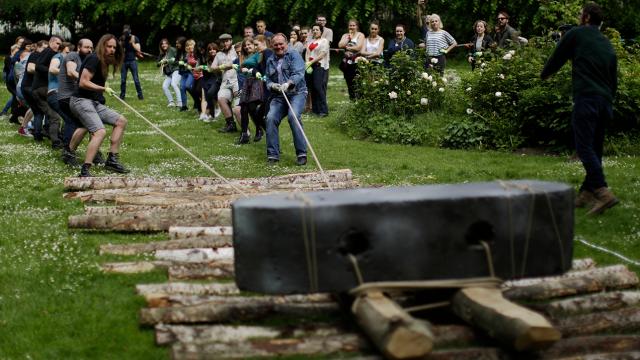Archaeologists have long puzzled over how ancient workers moved the stones of Stonehenge. Now, a new experiment shows it might not have been that hard after all.
Images: AP
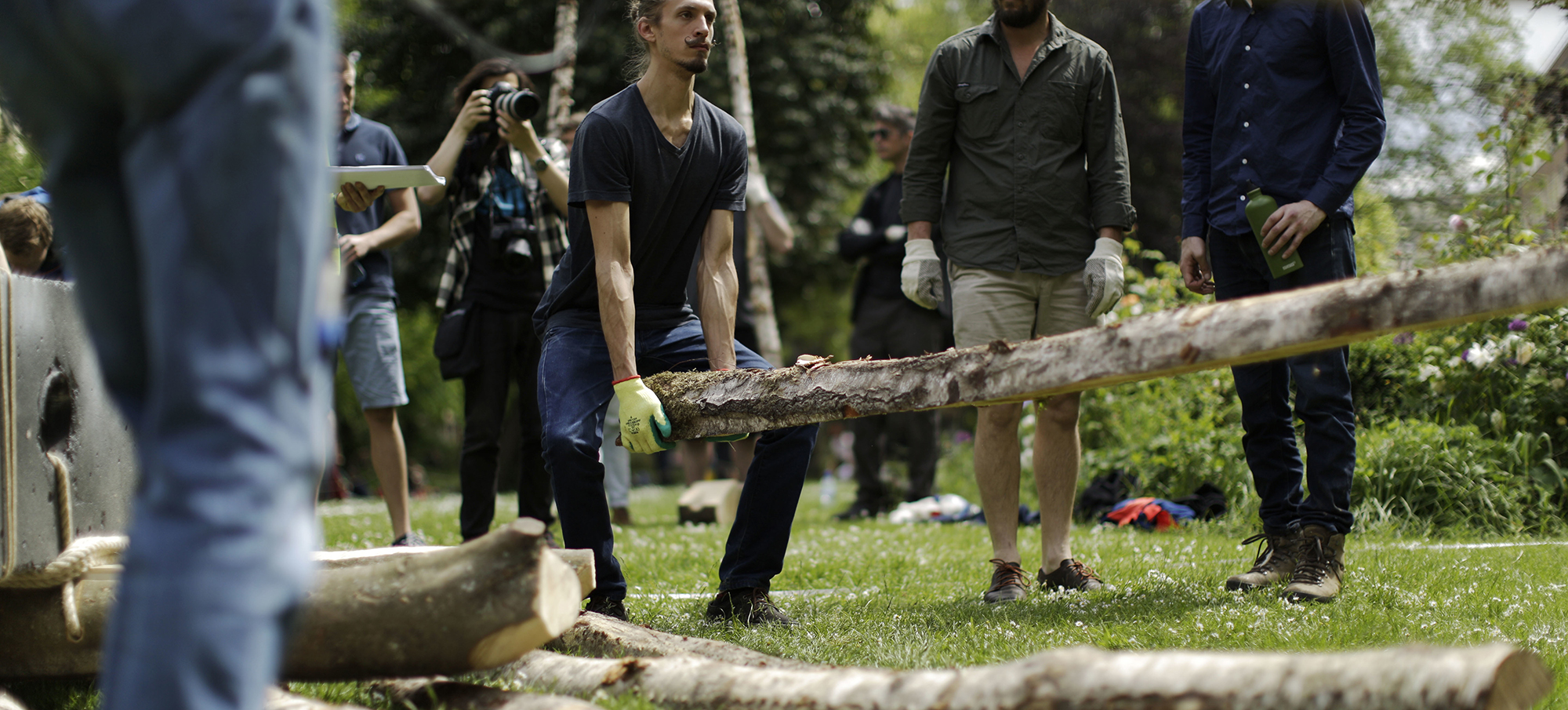
The blocks of rock that make up the ancient structure weren’t to be found in the local surroundings of Stonehenge. In fact, archaeologists believe that the stones were transported from the Presili Mountains in Wales to where they now stand — a journey of around 225km.
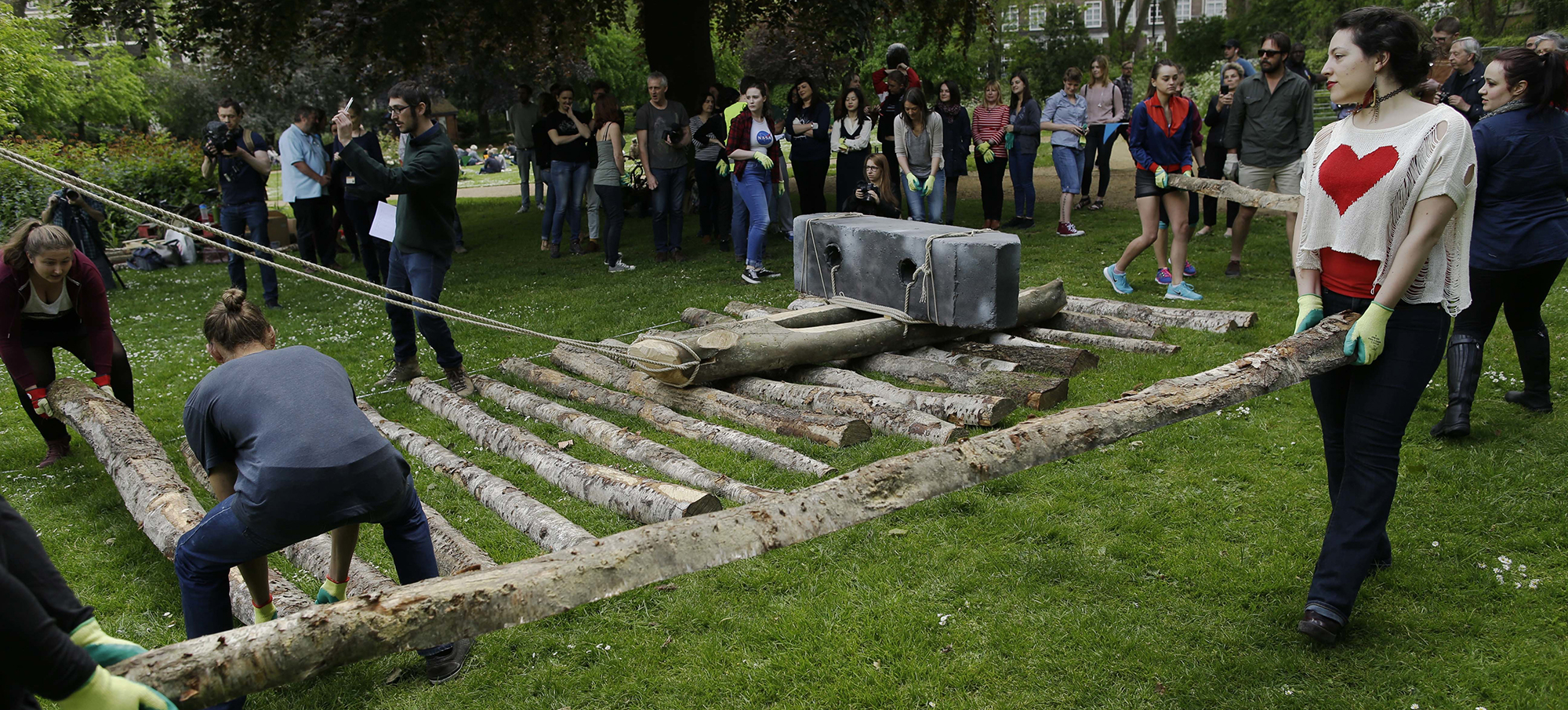
From experiments performed by University College London researchers in the city’s Gordon Square, though, it seems the journey may not have been quite as taxing as it sounds. The team built a special sycamore sled for a one-tonne stone, then used a series of silver birch rollers to drag the rock. They found that ten people could then pull the stone about 3m every five seconds, which the team thinks is surprisingly fast.
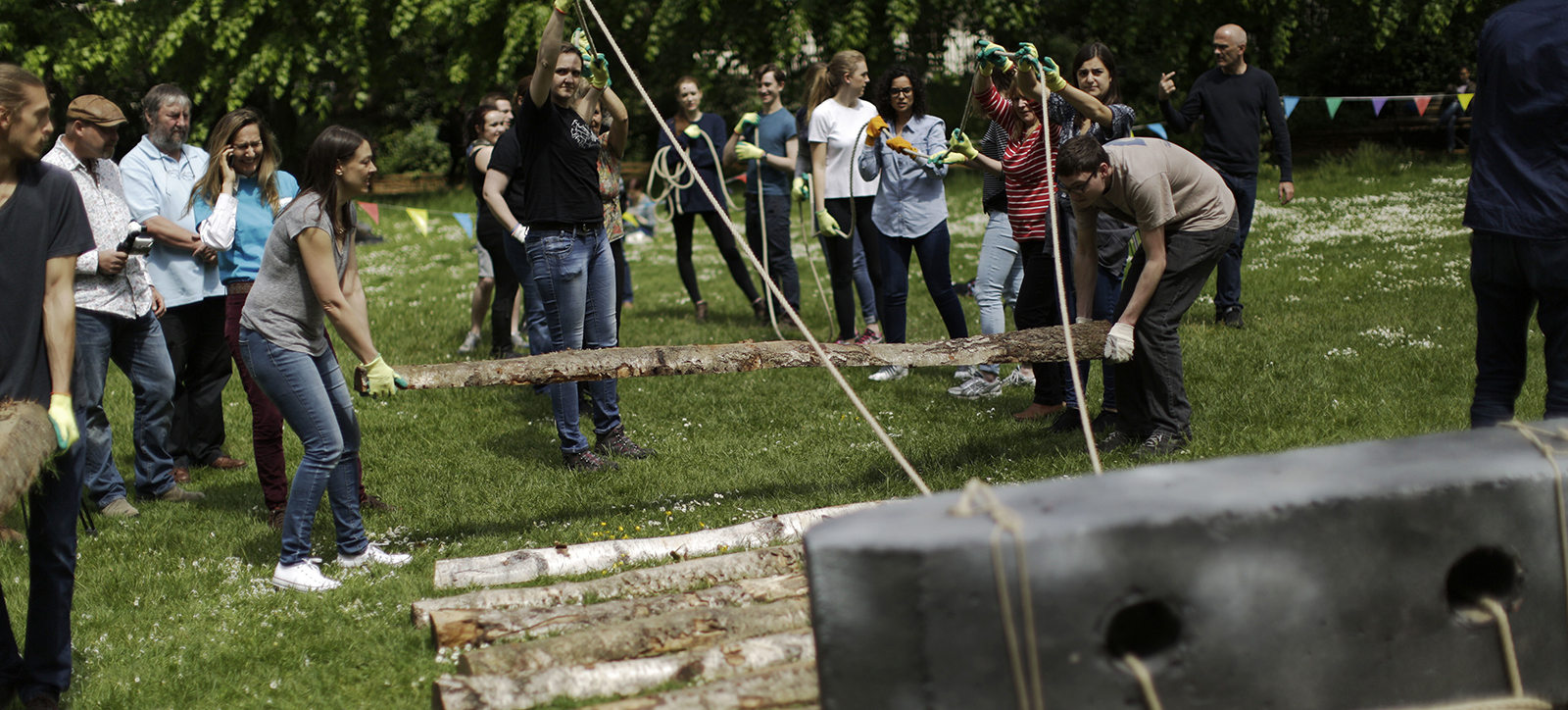
The stones that make up Stonehenge are, admittedly, larger — they weigh about two tonnes each. Still, that wouldn’t make the task impossible. Speaking to The Telegraph, Barney Harris, one of the researchers, explained:
We know that pre-industrialised societies like the Maram Naga in India still use this kind of sledge to construct huge stone monuments… Some people think they may have been pulled by oxen, but actually oxen are quite belligerent and difficult to control. This experiment shows that humans could have carried out the task fairly easily.
